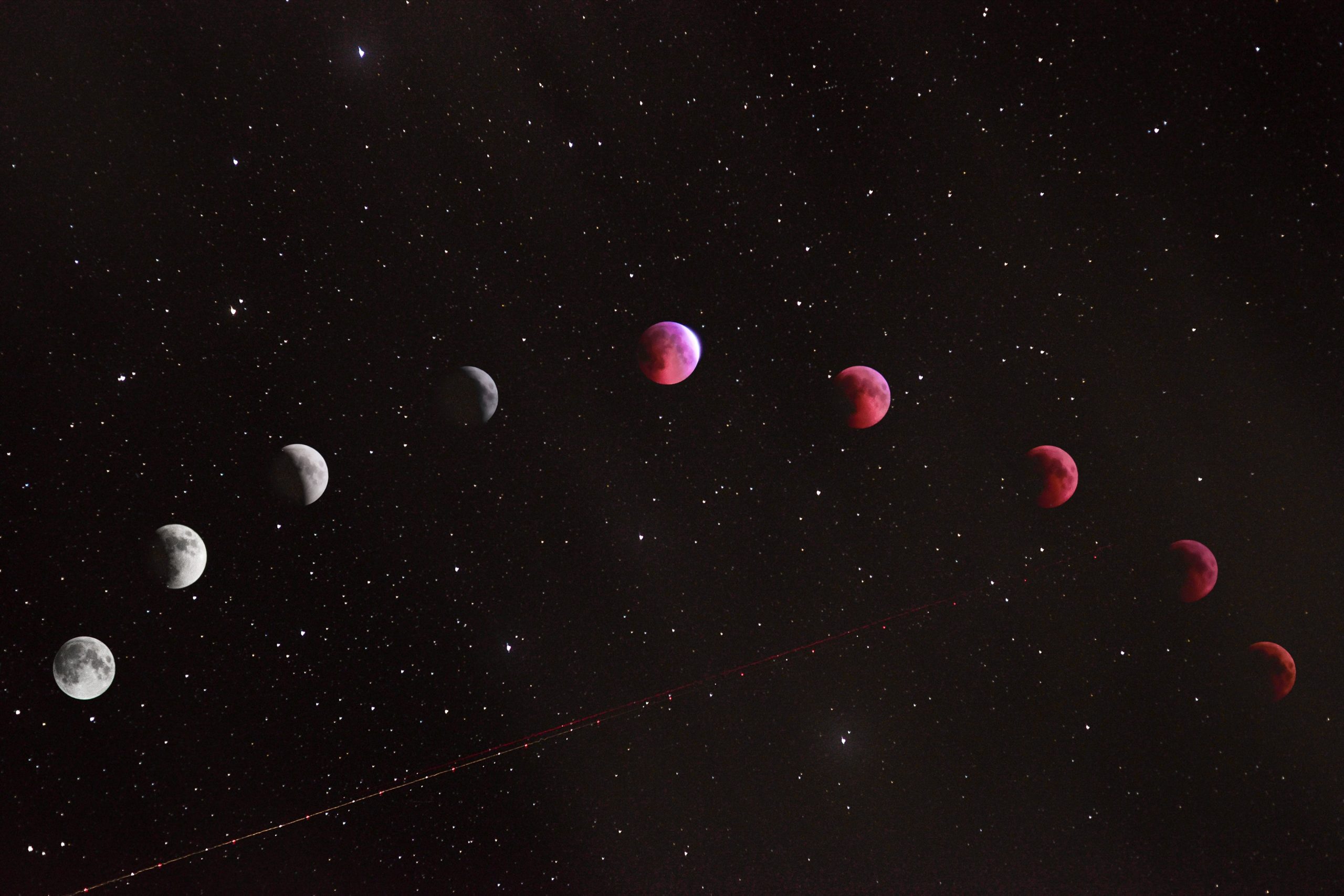The Symbolism of the New Moon: Unveiling the Mysteries of Renewal and Transformation
Throughout history and across cultures, the new moon has held a significant place in symbolism. As the lunar phase when the moon is invisible, the new moon represents a period of darkness and beginnings. In this blog post, we will explore the rich symbolism behind the new moon, its connections to cycles of nature, and its profound impact on human emotions and aspirations.
The Cycle of the Moon: A Symbol of Cycles in Nature and Life
The moon’s continuous cycle from new moon to full moon and back again has long been associated with the rhythms and cycles of nature. Just as the moon waxes and wanes, so do the tides, seasons, and the growth and decay of plants and animals. This cyclical nature symbolizes the interconnectedness of all things and serves as a reminder of the impermanence and constant change inherent in life.
Moreover, the new moon specifically embodies the beginning of this cycle. As the moon disappears from view, it heralds the start of a new lunar month and the potential for growth and transformation. The new moon is often seen as a blank canvas on which we can write our intentions for the coming cycle, much like the birth of a new day or a new year.
The Darkness Within: Exploring Shadow Work and Self-Reflection
In the absence of moonlight during the new moon, darkness takes over the night sky. This darkness holds symbolic meaning beyond its literal absence of light. It represents the unconscious, the hidden parts of ourselves, and the realm of our shadow selves.
Shadow work, a psychological practice of exploring and integrating the aspects of ourselves that we have repressed or denied, finds resonance in the symbolism of the new moon. This phase encourages self-reflection and introspection, providing an opportunity to confront unresolved emotions, fears, and patterns that may be hindering personal growth and transformation.
During the new moon, it is common to engage in activities such as journaling, meditation, and deep self-reflection. This time allows us to shed light on our hidden aspects and to embrace and integrate them, ultimately leading to greater self-acceptance and wholeness.
The New Moon’s Influence: Setting Intentions and Manifestation
As the moon begins its ascent from darkness to light, the new moon presents a powerful opportunity to set intentions and manifest our desires. With the absence of outside distractions, we are encouraged to tune in to our innermost desires and goals.
Creating a ritual around the new moon can enhance this process. Many people engage in practices such as creating vision boards, writing affirmations, or performing ceremonies to clarify their intentions and reinforce their commitment to their dreams and aspirations.
By harnessing the energy of the new moon, we align ourselves with the natural forces of the universe and can amplify our ability to manifest our intentions. This alignment between our inner desires and the external energy of the new moon creates a powerful synergy, enhancing our ability to manifest our dreams and bring them into reality.
Exploring Cultural and Mythological Symbolism
Beyond its universal symbolism, the new moon holds unique meanings in different cultures and mythologies. For example, in Chinese culture, the new moon is celebrated during the Mid-Autumn Festival, symbolizing unity and family reunion. In Hinduism, the new moon is associated with Lord Shiva, the destroyer and transformer.
Similarly, mythologies from various civilizations depict deities and stories related to new moons. In Greek mythology, the new moon is connected to Artemis, the goddess of the hunt and the moon, symbolizing birth and growth. In Norse mythology, the new moon is associated with Hati and Skoll, the wolf spirits who chase the sun and moon, representing the cyclical nature of time.
The New Moon and Emotional Energy
The moon has long been associated with human emotions, and the new moon is no exception. During this phase, emotions can run high as the darkness stirs deep-seated feelings and unresolved issues. It is a time of heightened sensitivity, intuition, and introspection.
Many people report feeling a sense of restlessness or increased emotional intensity during the new moon phase. This heightened energy can be channeled towards self-reflection, releasing emotional baggage, or engaging in activities that promote emotional well-being, such as meditation or journaling.
In Conclusion
The symbolism of the new moon is both universal and deeply personal. It represents the cycle of nature, the darkness within us, and the potential for growth and transformation. By embracing the symbolism and energy of the new moon, we can tap into its power, set intentions, and manifest our dreams. Whether through cultural mythology, psychological introspection, or emotional energy, the new moon invites us to embark on a journey of self-discovery and renewal.
Table of Contents
